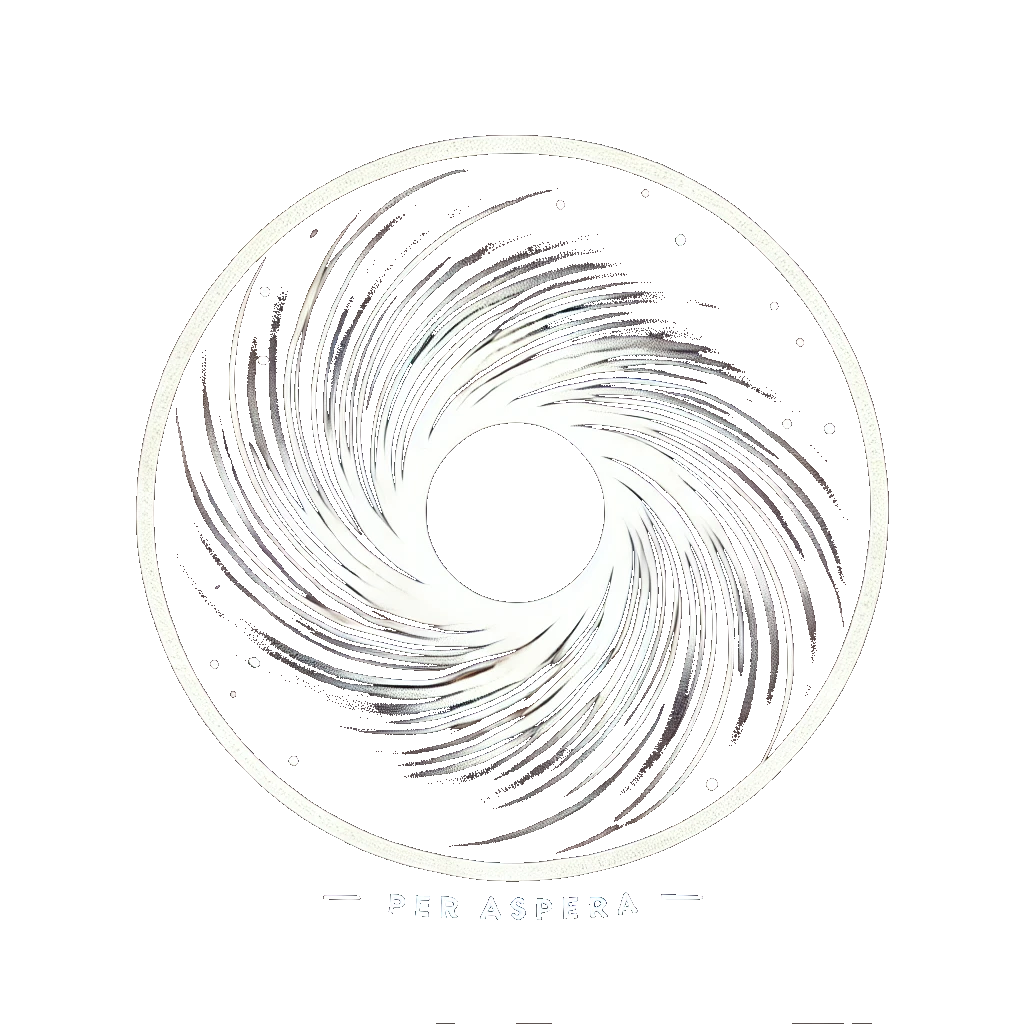There’s nothing in the dark that wasn’t there when the lights were on.
Fear doesn’t conjure demons—it reveals them.
And most of us? We’re haunted.
We wear stoicism like armor. Cool. Calm. Unflinching. The person everyone leans on when their world collapses. We become the stable one, the strong one, the rock. But if you chip away at that surface, you’ll find something else. Not steel—scar tissue. Not detachment—fear.
Because stoicism, in its purest form, is the ability to feel deeply without being ruled by those feelings. But the version many of us adopt? It’s not stoicism. It’s self-abandonment. It’s a mask built from silence, duct-taped with discipline, and worn so long we forget what our real face looks like.
I used to think control meant power. That if I could keep my emotions buried, locked away like dangerous cargo, I’d be safe. That others would be safe. But control without connection is just another prison. You build your walls so high no one can get in—and eventually, you realize you can’t get out either.
What’s worse is that everyone thinks they know you. They see the surface and assume it’s the whole. But what they’re really looking at is a fortress. And you built it because somewhere along the way, you learned that vulnerability came with consequences. Maybe someone used your openness against you. Maybe you reached out and no one reached back. Maybe the world taught you early that being soft was unsafe, so you became hard. Detached. Reliable. Unreachable.
But the things you run from—they don’t vanish. They just sit quietly in the dark, waiting. And eventually, the noise of the world fades—the distractions, the deadlines, the workouts, the dopamine hits—and you’re left in that silence. Alone. And the echoes begin.
That’s when the reckoning comes.
I’ve been there. Still go there, sometimes. Trauma, injury, betrayal, neglect—they’re not just memories. They’re operating systems. They write the code for how we relate, how we protect ourselves, how we sabotage what matters most.
I’ve burned bridges I should’ve crossed. Stayed silent when words could’ve changed everything. I’ve clung to composure while the people I love stood on the other side of my emotional barricade, waiting for a version of me I didn’t know how to become. And when the chance passed—when the moment was gone—I told myself it was safer that way. Cleaner. But the truth? It was just fear. Dressed in logic. Wearing my face.
And I live with that. Not as some noble burden, but as a wound I finally stopped pretending wasn’t there. Because pretending doesn’t heal anything. It just keeps the bleeding internal.
There’s a Japanese art form called kintsugi—the practice of repairing broken pottery with gold. They don’t try to hide the cracks. They highlight them. The damage becomes part of the beauty. The fracture is no longer a flaw—it’s the most honest part of the piece.
That’s the kind of healing I’m after now. Not perfection. Not invincibility. Just honesty. Just presence.
And maybe that’s why I’m writing this—because I know there are others out there wearing the same mask. Cool. Collected. Dying on the inside and smiling through it. You don’t have to keep doing that. Whatever it is you’re afraid to face—the pain, the memory, the guilt, the grief—it’s not going to kill you. What will kill you is never facing it at all. Living a life so armored that no one ever really knows you. Not even you.
You don’t need to bleed in public. You don’t owe anyone your collapse. But you owe yourself the truth. You owe yourself the chance to speak the thing out loud. To let someone in. To finally, fully feel—even if it breaks you open. Because what comes after that is real.
So here’s my offer:
I’m not here to fix you. I’m not above you. I’m not whole, and I’m not trying to sell you a roadmap to enlightenment. I’m just someone who’s been through the fire and finally stopped pretending I didn’t get burned.
If you need someone to talk to—if you’re scared to take the mask off—just know you’re not the only one. I’m here. Not as a savior. Just as a witness. And that’s sometimes all we need to start.
So lift the veil. Just a little.
Peek out.
Take one breath deeper than the fear.
There’s nothing in the dark that wasn’t already there.
But maybe, just maybe, there’s something waiting for you on the other side of it:
Not who you were.
Not who you pretended to be.
But who you could become—if you were brave enough to feel it all.
www.peraspera-apparel.com/yourstory
